While Paul Haig has a cult following within the post-punk cognoscenti, he has often been overlooked in wider music circles.
But between 1982 to 1985, he produced some of the best electronic pop singles of the period. Haig had been the lead singer of JOSEF K, a guitar band with a frenetic pace who were to influence acts such as THE WEDDING PRESENT and FRANZ FERDINAND.
PROPAGANDA covered JOSEF K’s best known song ‘Sorry For Laughing’ for their acclaimed album ‘A Secret Wish’. Inspired by acts such as NEW ORDER and HEAVEN 17, he headed towards a danceable electronic template and worked with a variety of key figures such as Bernard Sumner, Alan Rankine, Billy MacKenzie, Alex Sadkin and Bernie Worrell.
But in the interim period, free from the shackles of a conventional band format, Haig produced material that ranged from jazz to indie pop to experimental electronica. These early tracks have been gathered on ‘Metamorphosis’, an archive 2CD collection released by Les Disques du Crépuscule.
‘Metamorphosis’ bridges the gap from when Haig left JOSEF K to signing to Island Records as a solo artist and releasing his debut album ‘Rhythm Of Life’. Paul Haig chatted about his varied career.
‘Metamorphosis’ documents an interesting period in your early solo career covering a range of styles, how do you look back on it?
It’s a very long time ago! I’ve always had eclectic tastes in music so I think it was a time when I could experiment freely without the constraints of being in a band for the first time. It was exciting to try out new ideas.
How were the tracks selected for this release, or was it quite obvious which ones were going to be included?
It was James Nice at Crepuscule who selected most of the tracks, then sent me a list. We more or less agreed on most of the tracks he chose.
You made a statement of intent after JOSEF K by using a drum machine on your first solo recordings ’Chance’, ‘Running Away’ and ‘Time’?
I had been interested in beats and drum machines for a while and even used to record simple rhythms of the keyboards in the music shop where I worked for a year. I’d take the cassette tape home and play stuff along with the rhythms onto another cassette recorder. I progressed onto a DR Rhythm type box after that but when the Roland TR-808 machine came out, I had to get one. It was perfect for the way I was working at the time and enabled me for the first time to program more or less exactly the beats I needed.
What had motivated you to take on a more electronic template? Were there any particular bands that influenced you?
For some reason I was attracted to electronic sound and noise. Possibly seeing KRAFTWERK at a very early and impressionable age on the ‘Tomorrow’s World’ TV show influenced me somewhat. I liked ‘Warm Leatherette’ by THE NORMAL and listened to THROBBING GRISTLE ‘20 Jazz funk Greats’.
The ‘Swing In 82’ material doesn’t seem so unusual now when you consider that your romantic post-punk peers like Martin Fry, Billy MacKenzie, Glenn Gregory and even Ian Curtis all had an interest in the stylings of Sinatra?
I guess not. For me it was an easy choice at the time as I had listened to Sinatra when I was growing up. What influenced me just as much however, was a double album called ‘Starring Fred Astaire’ which had some great songs on it, he was a good singer as well as an excellent dancer.
‘Metamorphosis’ also features your first forays into instrumental experiments and soundtracks, something that you’ve continued in your ‘Cinematique’ series of recordings. What do you get out of this type material that you can’t get with writing pop songs?
I don’t have to sing! Also, I like the freedom of creating instrumentals and not having to adhere to the same old structures of a normal song etc.
I get a lot out of using sounds and textures that create atmospheres that can end up going to different places as you work on them.
Which are your favourites tracks on ‘Metamorphosis’ and are there any particular reasons?
I don’t listen to it much, maybe ‘Time’ as it seemed like a new departure for me and I had a new synthesizer on the go. It was a bit like indie synth ABBA.
Some of this material was lost when you signed the licensing agreement with Island Records in 1982. In hindsight, did you anticipate how much control they were likely to impose?
Probably not, but I was prepared to play the game a bit at the time, that is until I didn’t. Mostly it was OK apart from the odd children’s TV show.
You were criticised for having Alex Sadkin to produce your first solo album ‘Rhythm Of Life’, but he was actually considered to be a credible producer at the time you worked with him…
I chose him because I really liked his mix of ‘Pull Up To The Bumper’ by Grace Jones. When we were recording in New York, I quickly realised it might have been better to go down an indie type road and work more with Anton Fier from THE FELLIES and people like that. We also met Arthur Baker and could have worked with him, but it just wasn’t doable. It was my own fault really as I wanted to go for the pop thing when I signed the deal. I think Alex was a bit preoccupied anyway, with producing DURAN DURAN and THOMPSON TWINS and I understood that.
Having the late Bernie Worrell play on your album was quite cool?
That was cool! He used to come into the studio with a small bottle of Jack Daniels in a brown paper bag. It seems mad now, but I used to sit with him in the recording room and he’d say “is this how you want it?” and I’d say “great, can you add this note…”
How do you feel about the ‘Rhythm Of Life’ today?
It’s a thing. It will always be a thing.
Bernard Sumner was involved in the production of ‘The Only Truth’, a track which many consider to be your best single, especially in its full length 12 inch mix? How did that track develop in the studio?
I had everything arranged before going in. I remember being left alone with the engineer to record the whole thing basically; the drum programming, the keyboards and guitars. It was after that, that Bernard and Donald Johnson started adding more to it like extra guitar, bass and percussion. We spent a long time on the sound of the percussion which I still notice if I hear it today.
During your career, you’ve worked with both Alan Rankine and Billy MacKenzie of ASSOCIATES separately. What were each of them like to collaborate with?
Billy was always very inspiring to work with, we used to risk our sanity in the process but it was always exciting. As he didn’t really play an instrument, his ideas would usually be sung at you. Once we were in a studio that didn’t have any drum machine, so we burst a water filled balloon while sampling it and then made it into a bass drum.
When I worked with Alan, it was just as mad but we managed to get the job done somehow. I once sketched him cooking bacon in a London studio and in the sketch the bacon was saying, “please don’t hurt us Alan, please”.
‘Something Good’ was a minor German hit in 1989, what was it like to have some kind of commercial recognition after years of trying?
Don’t know actually as I’ve only heard rumours about that happening in France. I remember going to Germany briefly in 1985 to promote ‘Heaven Help You Now’.
You went on to work with Lil’ Louis and Kurtis Mantronik, what appealed to you about the club oriented music of that period?
I’d been aware of Mantronik/Mantronix for a while and really liked the production and beats. I don’t remember how Lil’ Louis came about really. I do recall they were in kind of competition with each other, always asking how I’d got on with the other one.
You’ve been quite bold in the choices of songs that you’ve covered like JOY DIVISION’s ‘Atmosphere’ and THE WALKER BROTHERS’ ‘The Electrician’?
Yes, it’s a bit cheeky really considering their voices. Don’t know what I was thinking 😉
Has the shake-up in the music industry over the last ten years worked in your favour?
I like the way you can put something out when you want to. If you don’t have a label, you can do it far more easily now. I also love the music making technology for production. With regard to the music industry, I feel removed from it. “Music” and “Industry”… there’s two words that don’t sound good together.
What’s next for you as far as musical projects are concerned? Are you working on a follow-up to ‘Kube’ yet?
I have been working on a new album for some time now. There are so many choices and amazing ways you can produce music now that sometimes it makes the whole process slower. I seem to have a different way of working now which is more time consuming, but well worth it in terms of sounds and production quality. So, the new album is a further attempt at finding the right balance between the synthetic / electronic and the organic / natural.
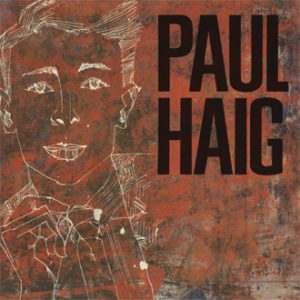 ELECTRICITYCLUB.CO.UK gives its warmest thanks to Paul Haig
ELECTRICITYCLUB.CO.UK gives its warmest thanks to Paul Haig
Special thanks to James Nice at Les Disques du Crépuscule
‘Metamorphosis’ is released as a 2CD set by Les Disques du Crépuscule
https://www.twitter.com/paulhaig
http://www.lesdisquesducrepuscule.com/metamorphosis_twi096cd.html
Text and Interview by Chi Ming Lai
14th September 2016


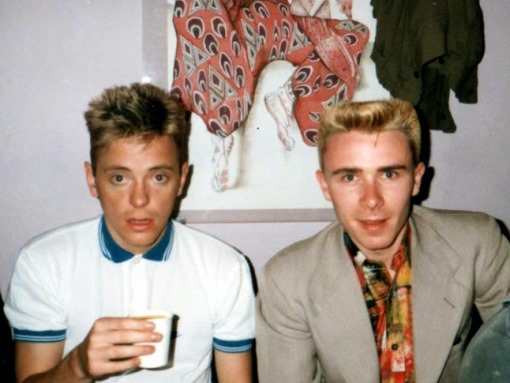
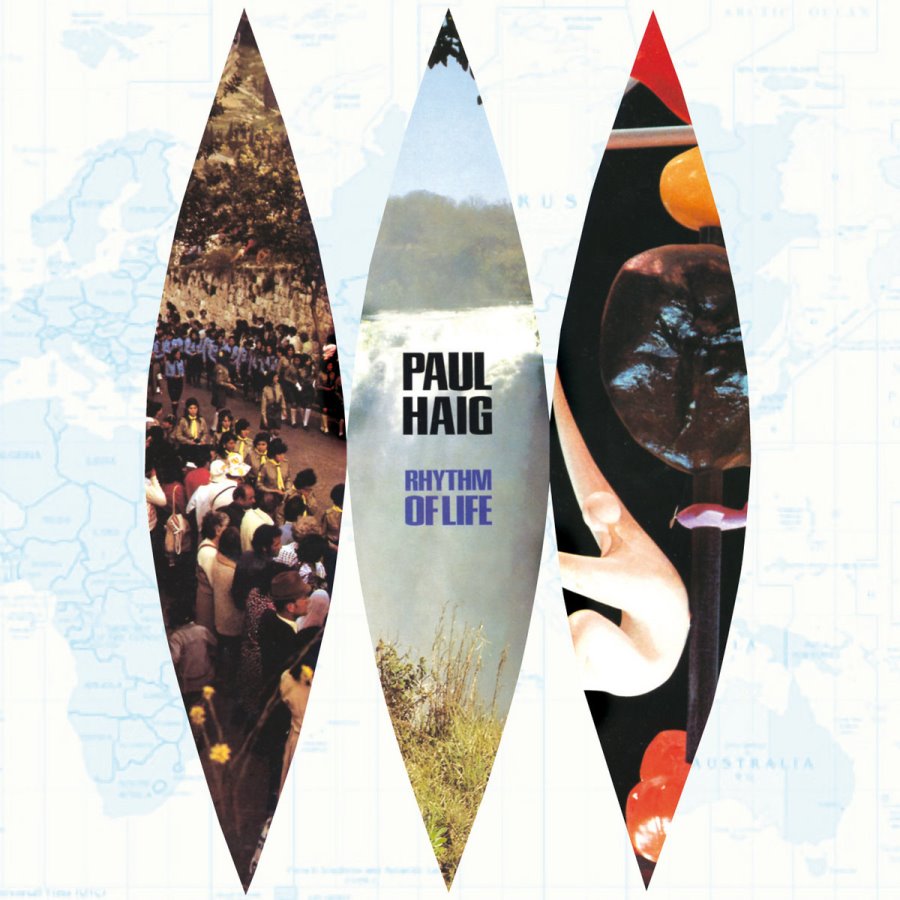
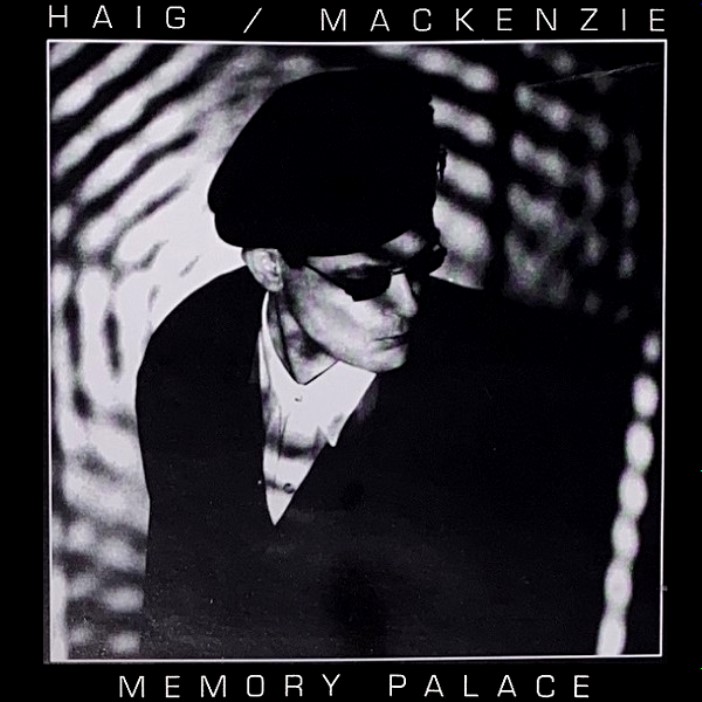
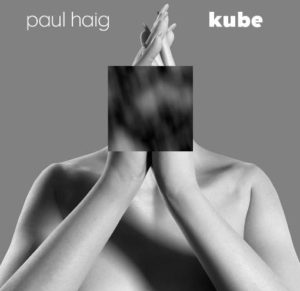
Follow Us!